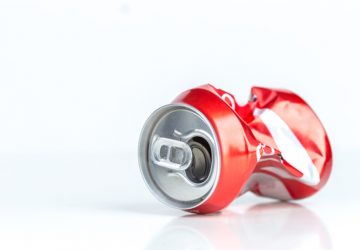As the playboy of the activist community, the Center for Science in the Public Interest (CSPI) has a problem with commitment. Since the group’s tumultuous relationship with the food industry began in 1971, CSPI has made judicial passes at almost everyone in the room, filing lawsuits against Quaker Oats, General Mills, Ben & Jerry’s, Pinnacle Foods, Frito-Lay, Procter & Gamble, Smucker’s, and Kentucky Fried Chicken.CSPI recently added Coca-Cola and Nestlé to its little black(ball) book. According to a February 1 press release, the food police came after the two companies over the "calorie burner" claims labeled on cans of Enviga, a new green-tea-based drink. Spokesman David Schardt insisted CSPI’s lawsuit is justified, because "there is no clear evidence that what’s in Enviga will help you control your weight."But evidence is available. In fact, 4,000 references in scientific literature pertain to Enviga’s key ingredient (EGCG), and many other studies [Click here, here,here, and here] show that green tea increases the number of calories burned. The latest report in the medical journal Obesity specifically documented subjects drinking Enviga and confirmed a 4 percent jump in metabolism.With thousands of studies behind Enviga’s label, how much clearer does CSPI want the evidence to be? If the food police used their own threshold as the gold standard, the bar would be set much lower. A December 24 Washington Times column challenged the lack of research behind CSPI’s trans fat tirade:
Three studies from Europe analyzed the levels of trans fat in individuals who died from heart disease. Each found no statistically significant association between trans fat and the risk of heart disease, refuting Mr. Jacobson’s claim that trans fat "takes years off your life." Perhaps, the reason no connection was found is because the trans fat-LDL-heart disease thesis is not, in fact, true.




